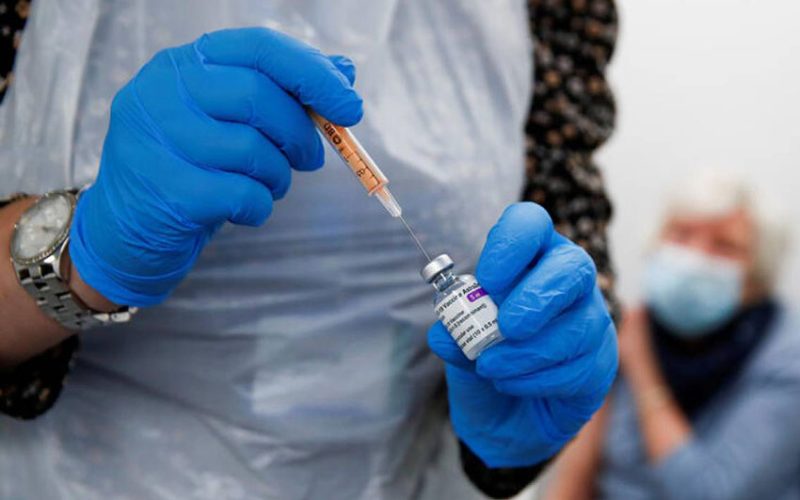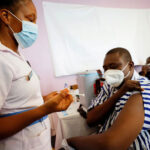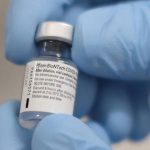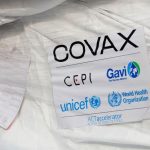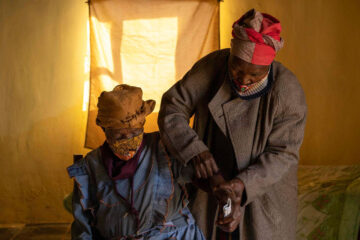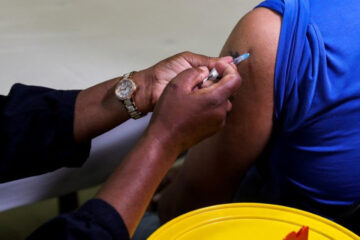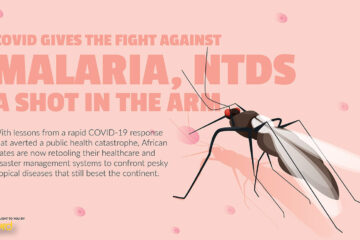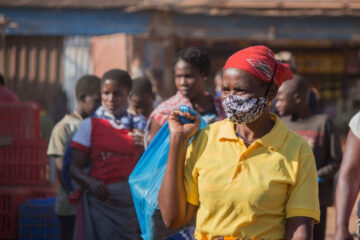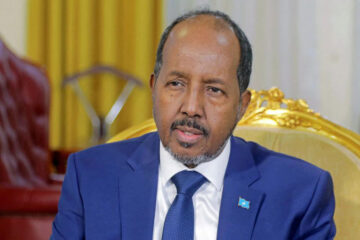AIDAN LEWIS
THE Palestinian territories and Tunisia will benefit from a first wave of coronavirus vaccines from the COVAX scheme, but poorer states in the Middle East face a big gap in early vaccine provision, a World Health Organization (WHO) official said on Monday.
The Palestinian territories are expected to receive 37,000 doses of the COVID-19 vaccine made by Pfizer and BioNTech starting in mid-February through COVAX, while Tunisia is due to receive 93,600 doses, said Rick Brennan, emergency director for the WHO’s Eastern Mediterranean region. Two doses of the vaccine are recommended per person.
The WHO set up COVAX along with the GAVI vaccine alliance to ensure equitable access to COVID-19 vaccinations globally.
However, there was a “very significant gap” between the planned vaccine rollout in wealthy countries and those that are lower-income or affected by conflict, Brennan said in an interview. The WHO’s Eastern Mediterranean region includes Afghanistan, Pakistan, Somalia and Djibouti, as well as Middle Eastern states.
“Until the pharmaceutical companies and the wealthier countries fully resource COVAX, which is the mechanism that we have set up to distribute the vaccines to the poorer countries, those countries are going to be left behind,” he said in an interview.
“The availability and the finances aren’t at the level yet that they need to be. We’re well short,” he added.
Lags in vaccine provision for poorer countries increased the risk of the spread of coronavirus variants that could be more easily transmissible and harder to treat, said Brennan.
After approving the Pfizer/BioNTech vaccine for emergency use, the WHO is working to assess other, cheaper vaccines that could be supplied through COVAX. It is hoping to start vaccinations in all countries globally by early April and vaccinate high risk populations by the middle of the year.
“We expect that there will be a modest volume of Pfizer through COVAX because of its expense, but it’s kick-starting the process,” said Brennan.

